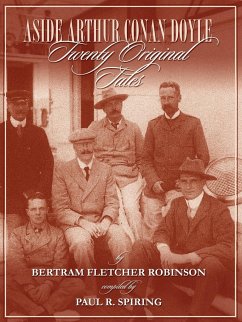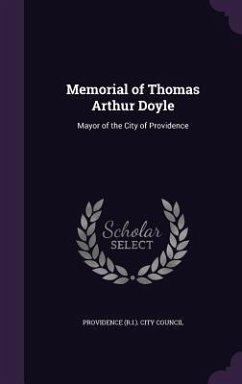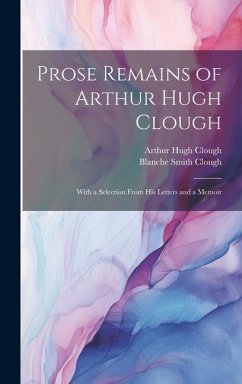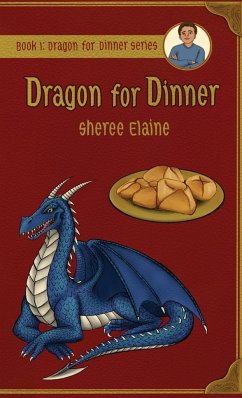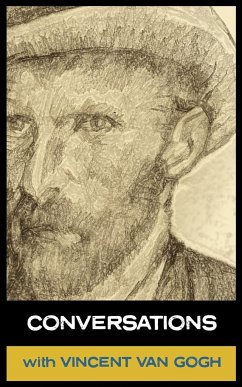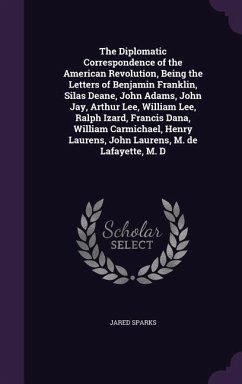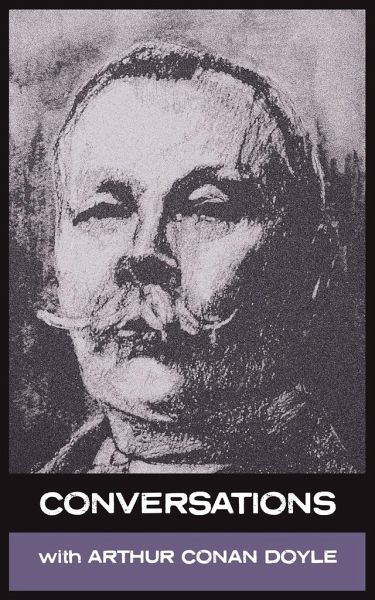
Conversations with Arthur Conan Doyle
Versandkostenfrei!
Nicht lieferbar
At the end of the 19th century, perhaps every man wanted to be Arthur Conan Doyle. He had written historical novels, short stories of horror and the supernatural; and displayed huge energy and talent in a variety of fields. He was a fine cricketer (he once took the wicket of the great WC Grace); played football, rugby and golf. He practiced as a doctor; campaigned for underdogs, introduced skis to Switzerland; and knew both Harry Houdini and Oscar Wilde. He was an adventurer, a controversialist, war reporter and knight of the realm. But most famously of all, he had created Sherlock Holmes, the...
At the end of the 19th century, perhaps every man wanted to be Arthur Conan Doyle. He had written historical novels, short stories of horror and the supernatural; and displayed huge energy and talent in a variety of fields. He was a fine cricketer (he once took the wicket of the great WC Grace); played football, rugby and golf. He practiced as a doctor; campaigned for underdogs, introduced skis to Switzerland; and knew both Harry Houdini and Oscar Wilde. He was an adventurer, a controversialist, war reporter and knight of the realm. But most famously of all, he had created Sherlock Holmes, the world's most famous detective - based on his former medical professor, Joseph Bell. All in all, Doyle was a Boy's Own dream. Yet for Sir Arthur Conan Doyle, all such achievements paled into significance when set against his commitment to spiritualism. Although interested in the subject for many years, he publicly converted to the cause around time of the First World War - much to many people's amazement: 'Sir Arthur Conan Doyle has many striking characteristics,' wrote Ruth Brandon. 'He is gigantically tall and strong. He is a gifted story teller. He is a man of strong opinions and considerable political influence. But perhaps the most extraordinary thing about him is the combination of all the attributes of worldly success with an almost child-like literalness and credulity of mind, manifested particularly in relation to spiritualism.' 'Conversations with Conan Doyle' is an imagined conversation with this remarkable figure. But while the conversation is imagined, Doyle's words are not; they are all authentically his. 'For many, Conan Doyle's commitment to spiritualism is an embarrassing aberration,' says Simon Parke. 'They want him to go back and just be the creator of Sherlock Holmes. But people don't fit into boxes, and Doyle certainly doesn't! So I want people to meet the man, hear him speak - and then make up their own minds. He's often passionate; but never dull.'




